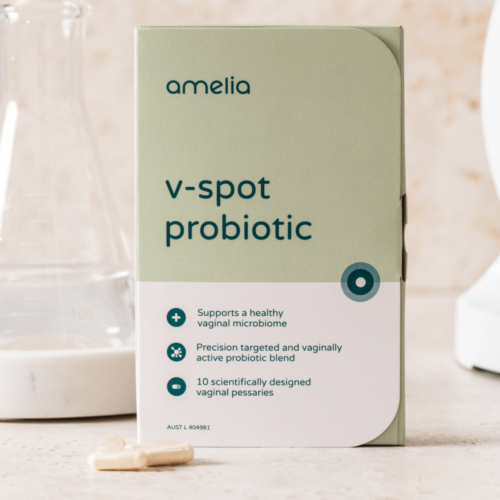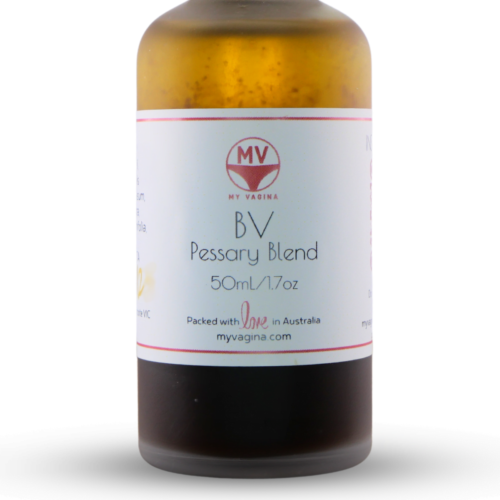If you have a herpes diagnosis, and are pregnant, you may be concerned about passing the herpes virus on to your baby.
A baby can become quite sick with the herpes virus, as its immune system is underdeveloped.
Contracting herpes during pregnancy
If you contracted herpes during pregnancy, there is a risk your baby could catch it too, albeit small. This is called neonatal herpes1,2.
Usually your body has time to make antibodies to the herpes virus prior to giving birth, and immunity is passed on to your baby before it’s born.
This applies even if you have a breakout of herpes sores late in your pregnancy, and even if it’s still active while you give birth. Although this situation will be more painful, it is usually without incident.
Neonatal herpes, however, can be fatal, so make sure you advise your care team during your pregnancy so they can act appropriately.
If you contract herpes during your first trimester, it may lead to miscarriage. This is rare, so don’t panic, but it’s possible.
If you are infected in the first trimester your doctor may give you antivirals, acyclovir, to reduce your symptoms and speed up resolution. Acyclovir is thought to be safe to use during pregnancy.
Second and third trimester infections, particularly in the last six weeks, are more risky because your body may not have had enough time to make antibodies to the virus, meaning none can be passed on to your baby. Your baby can catch the virus during birth from an open sore.
If you already have herpes
Most babies are born healthy, unless you have an outbreak at the time of birth. This would need to be considered by your health care practitioners.
What is neonatal herpes?
Neonatal herpes is when newborn babies are infected with their mother’s herpes virus during birth. Most recover well if they have the infection in their skin, eyes or mouth, because these areas are relatively easy to treat. It’s when the infection affects the baby’s nervous system or organs that the problems arise.
Treatment for herpes works, but damage, particularly to nerves, may remain. Occasionally babies die from neonatal herpes, but it certainly isn’t the norm. Usually this occurs when mothers don’t know they have herpes.
Should I have a C-section?
If you become infected early on in your pregnancy, you are usually given acyclovir every day for the last four weeks of pregnancy, and you should be able to have a vaginal birth. The transmission rate is extremely low in this case, even if you have a breakout during labour.
Speeding up your labour is also an option to reduce transmission possibilities. This is because you will have had a chance to make antibodies, making your baby immune.
If you get your first attack during your pregnancy, particularly later on, you may need a caesarean section. If you have a breakout for the first time in the last trimester, make sure you tell your health care providers, so they can do tests on your blood and sores to see if it really is your first attack.
You may have already had an attack without realising, which means you will already have antibodies. Otherwise a planned C-section will probably be planned.
The vaginal birth, and strategies to avoid infecting your baby
Your doctor or midwife will do as little as possible to interfere with labour, and avoid breaking your waters. Additionally, less-invasive testing methods will be preferred, such as taking blood samples or using electrodes on the baby’s head.
Acyclovir may be used via drip during labour to reduce the baby’s chances of catching herpes, and they may also give the baby acyclovir after birth.
References
- 1.Teutsch S, Berkhout A, Raynes-Greenow C, Zurynski Y, Britton PN, Jones CA. Characteristics of neonatal herpes simplex central nervous system disease in Australia (1997–2020). Journal of Clinical Virology. Published online August 2023:105526. doi:10.1016/j.jcv.2023.105526
- 2.Allen UD, Robinson JL. Prevention and management of neonatal herpes simplex virus infections. Paediatrics & Child Health. Published online April 2014:201-206. doi:10.1093/pch/19.4.201
Specially formulated probiotic for vaginal application to promote a healthy vaginal microbiome.
Unique, comprehensive BV, AV and 'mystery bad vag' treatment guide, one-of-a-kind system, with effective, innovative treatments.





